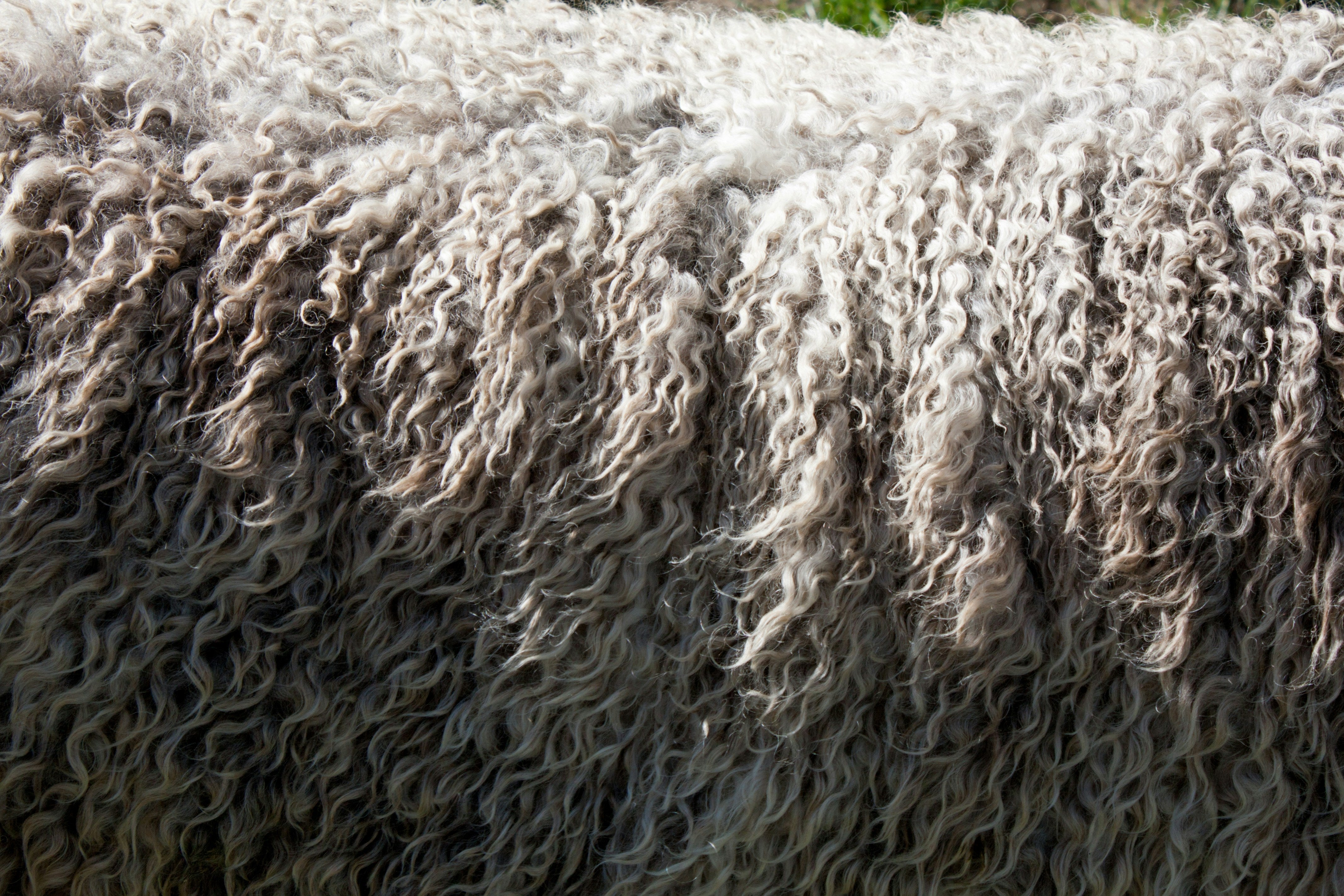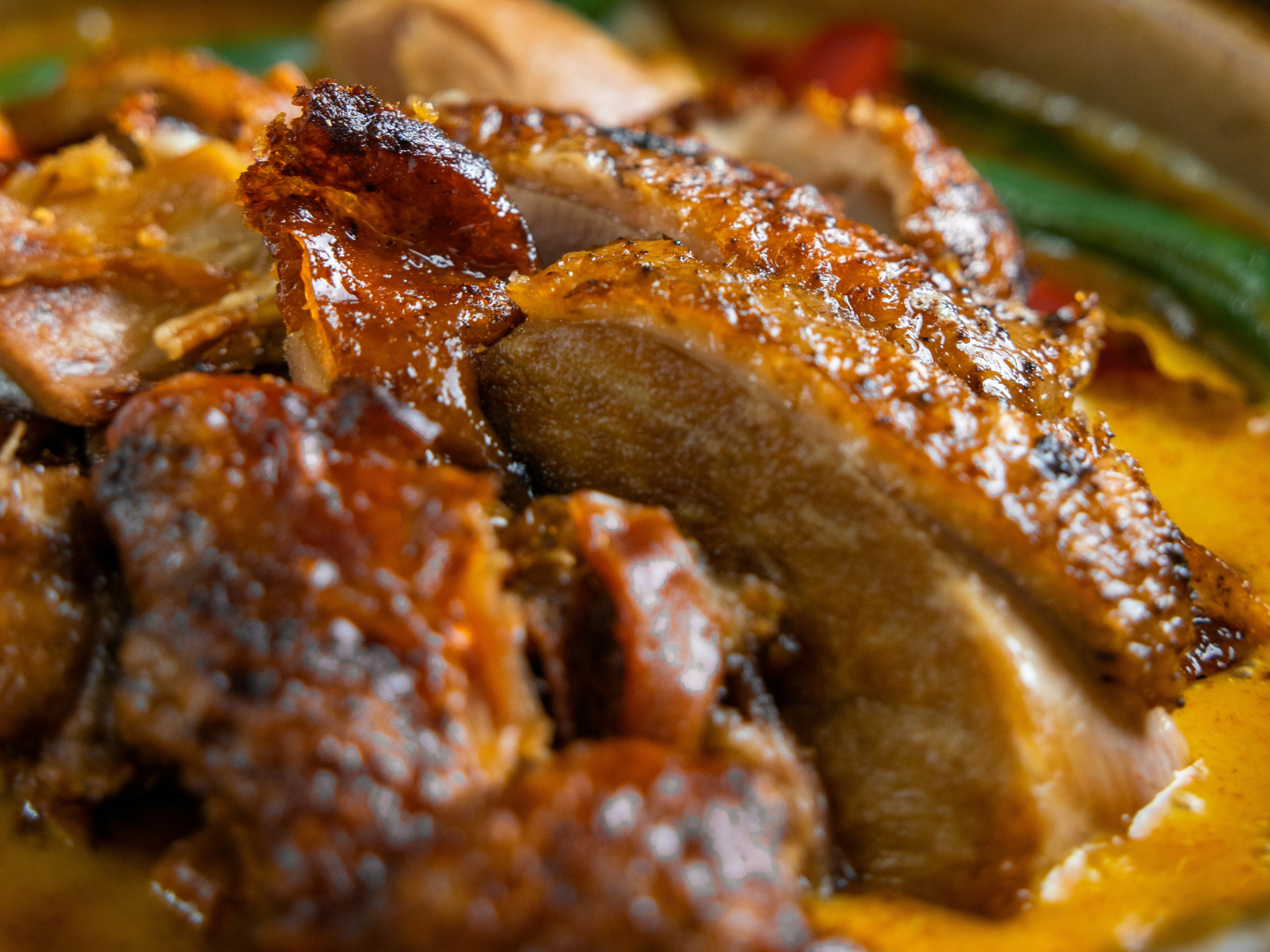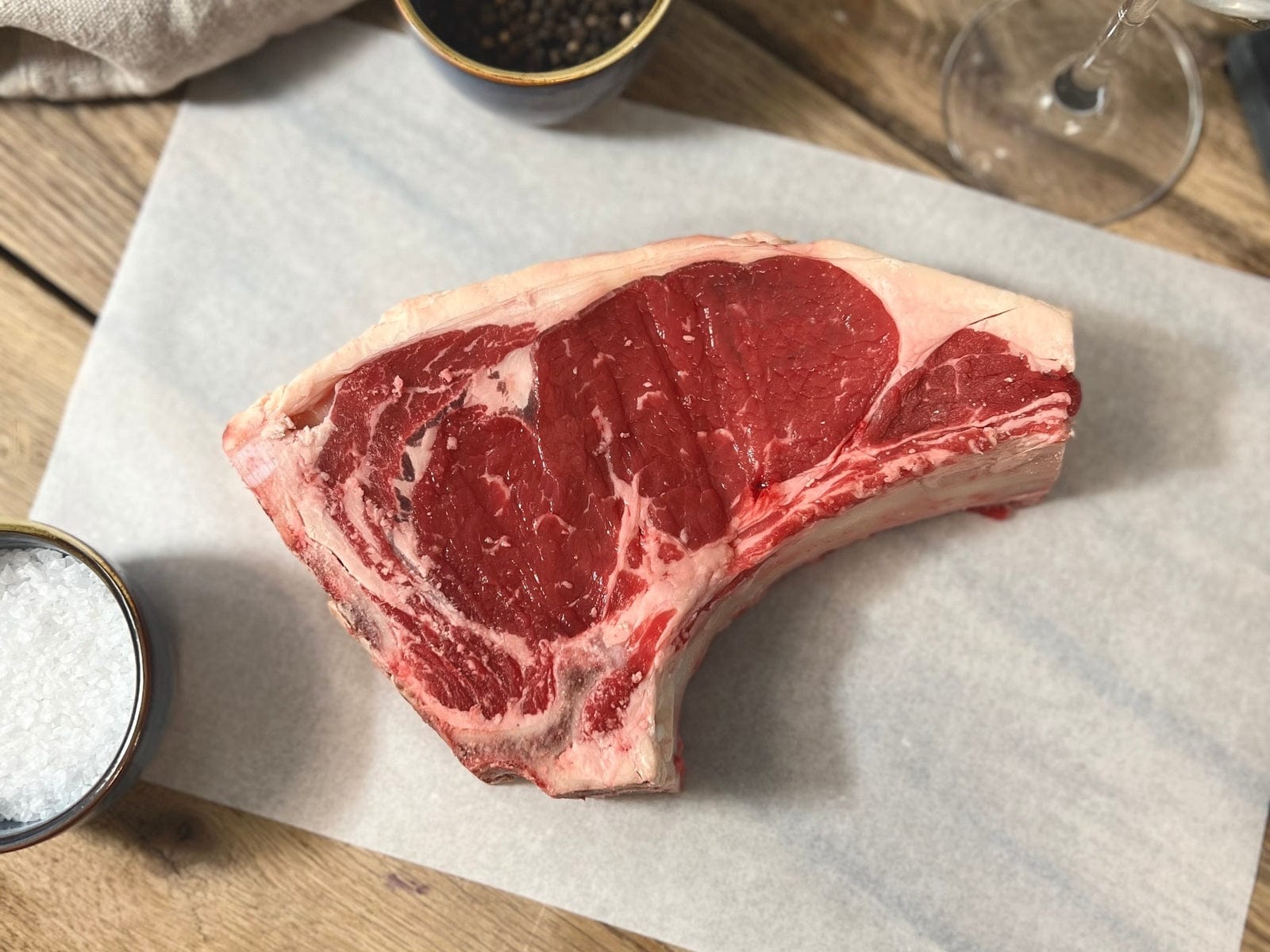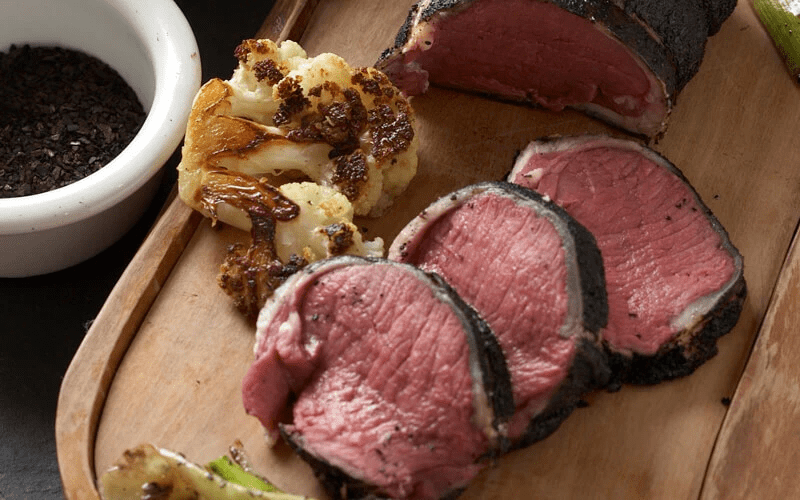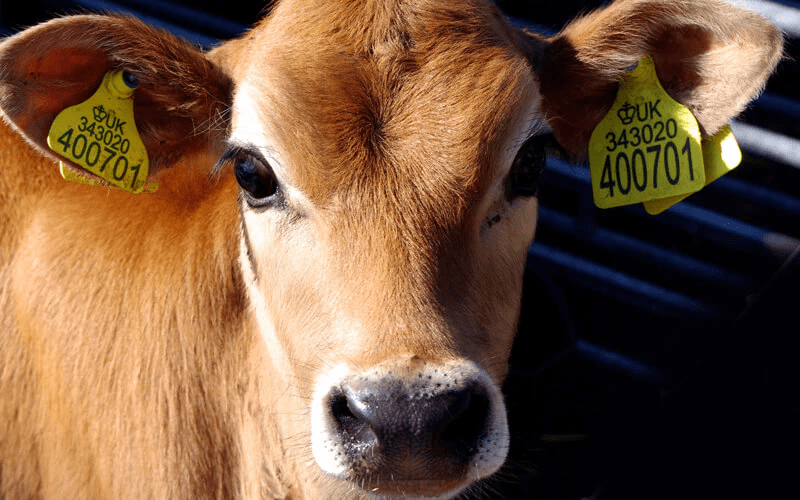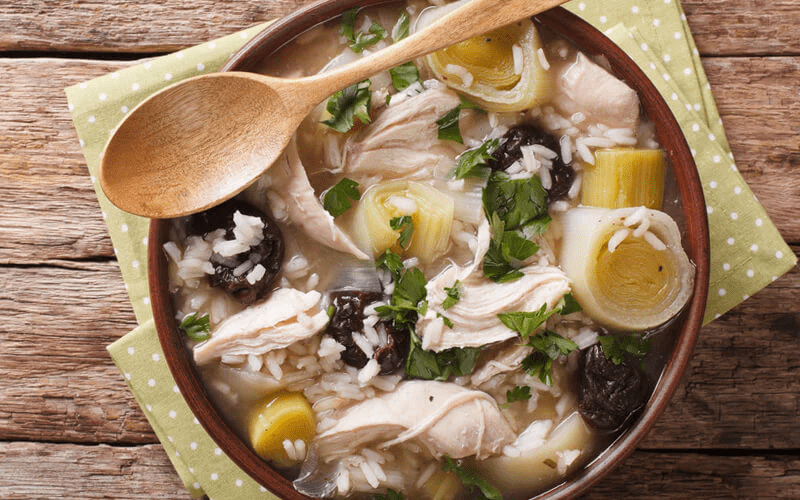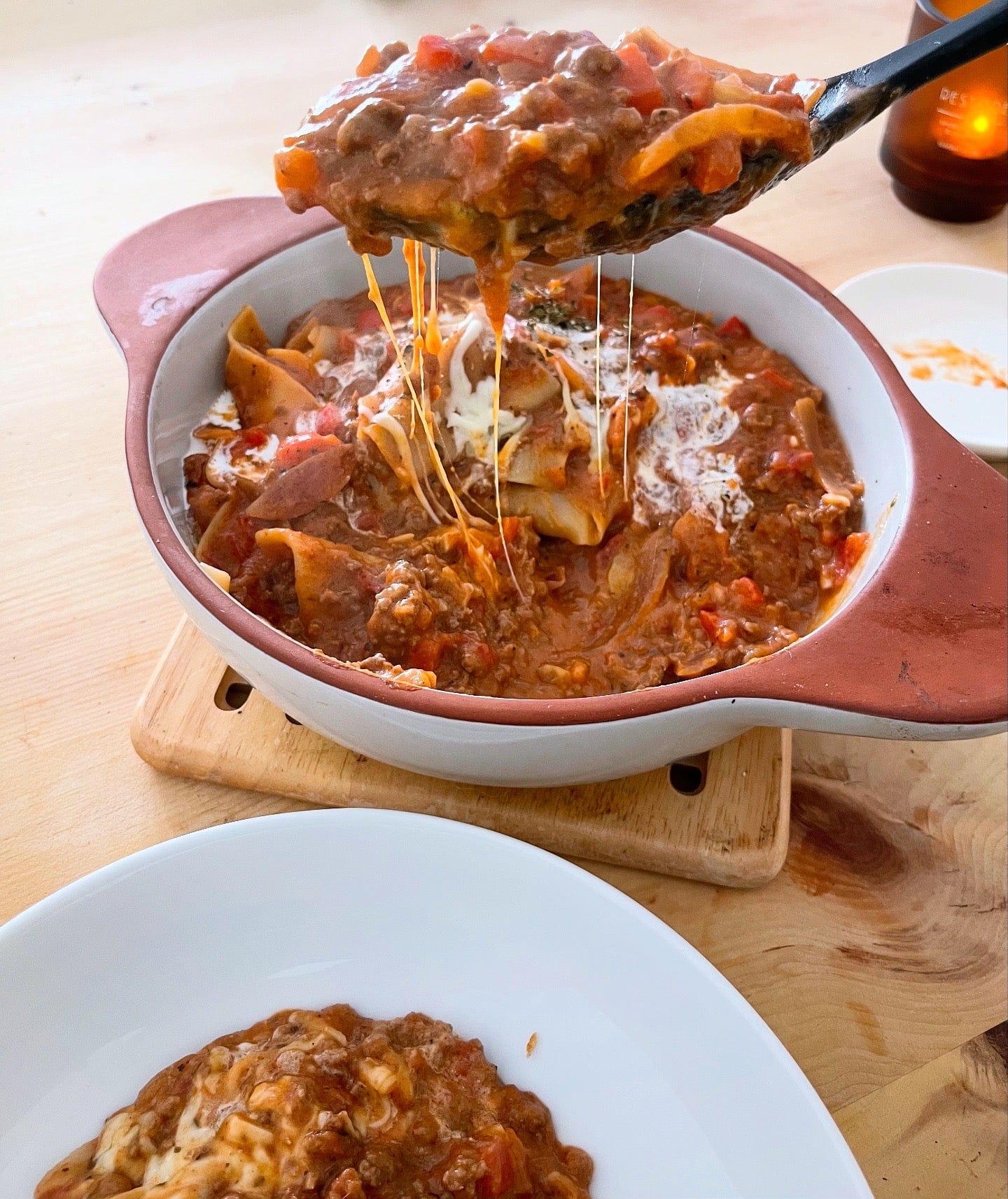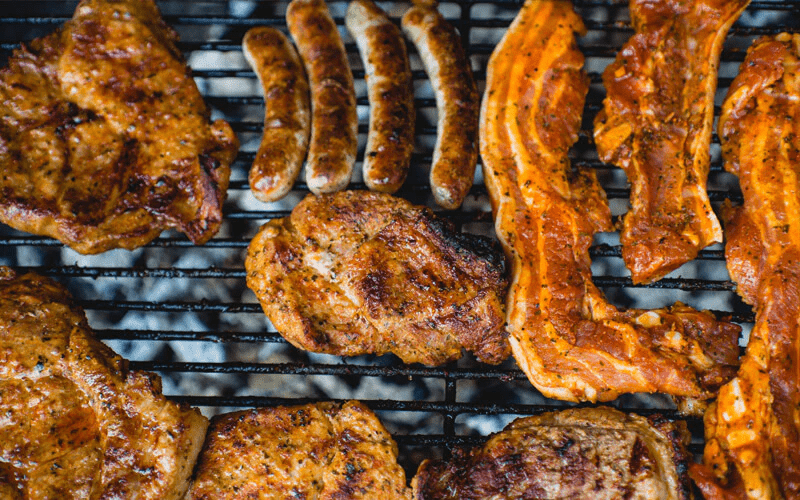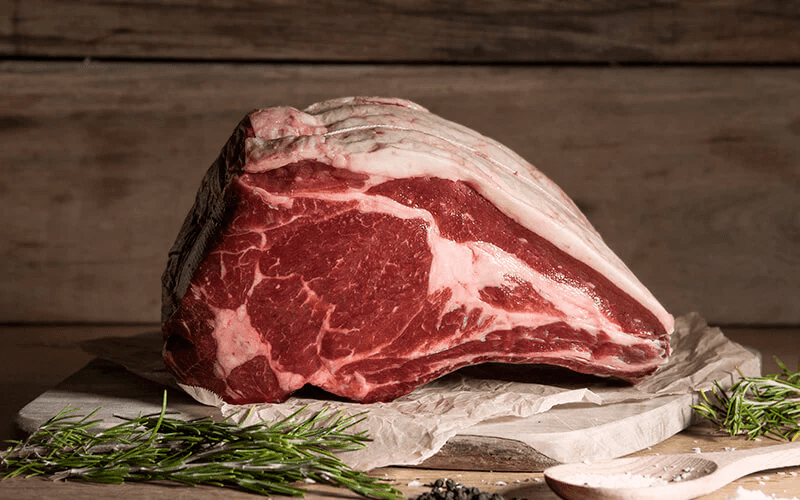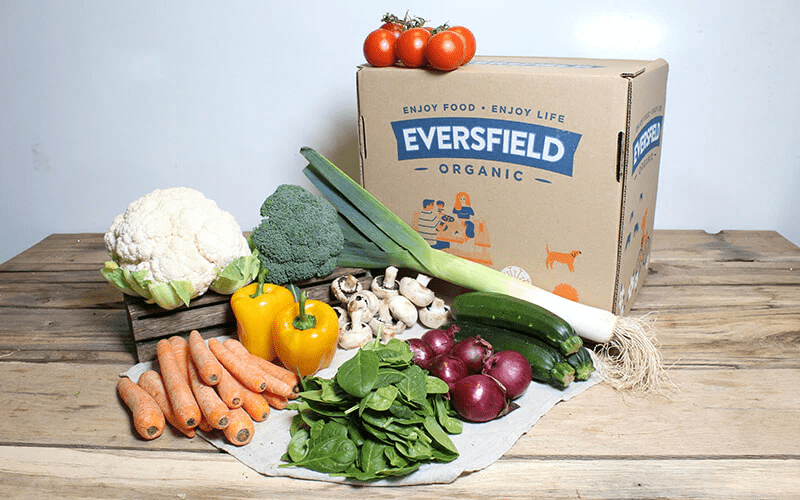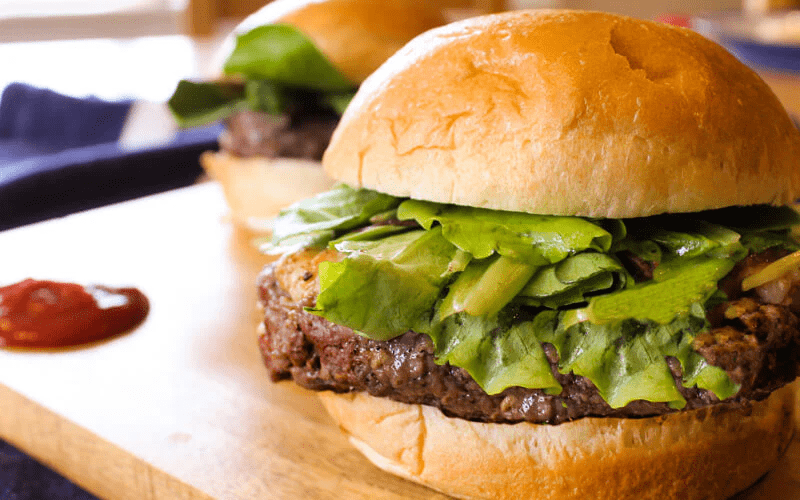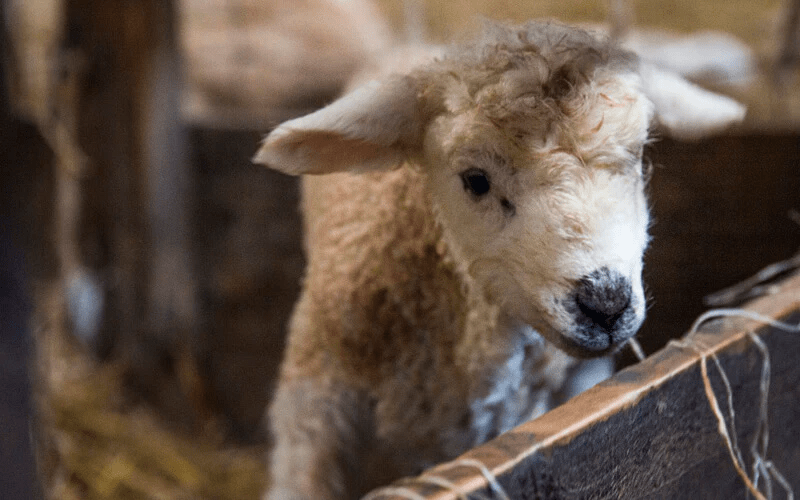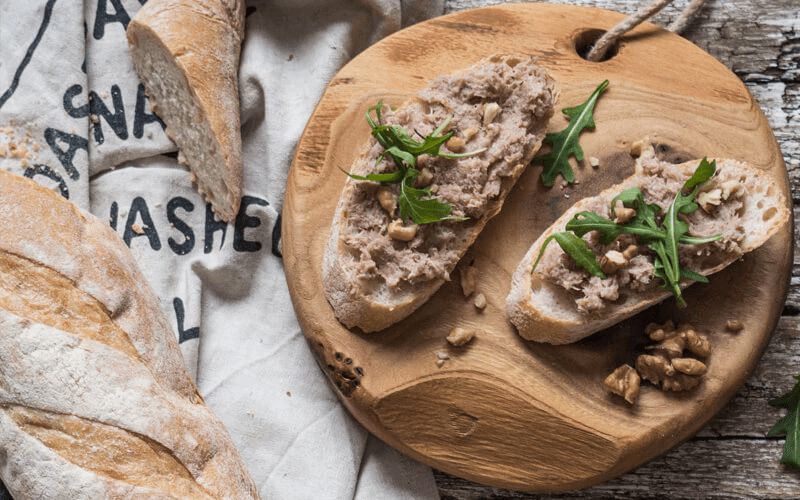Every so often, we get asked a question that makes us smile: “What exactly is ox?” It’s a fair question — and one that comes with a bit of history, a few misconceptions, and a touch of old English charm. So let’s clear it up once and for all.
🐂 What Does “Ox” Actually Mean?
An ox isn’t a separate species or breed — it’s simply a domesticated cattle animal, usually a castrated male (a steer), that’s been trained and used as a working animal. Historically, oxen were the backbone of farming life, used to plough fields, pull carts, and haul heavy loads long before tractors came along.
When you see the word “ox” on a menu or meat label, it’s not referring to a mysterious or exotic animal. In almost every case, ox meat is beef — from the same species of animal as any other beef product.
📜 Where the Word Came From
The term “ox” comes from Old English “oxa”, which simply meant “a bovine used for work.” The plural — “oxen” — is one of the few surviving examples of Old English plural forms still used in modern English. It’s a word steeped in tradition, evoking the days when slow, strong animals powered our farms.
🥩 So… Is Ox Meat Different from Beef?
In flavour and texture, ox and beef are one and the same — though the term “ox” is often used for older or more mature cattle, whose meat may have a deeper, richer taste.
In Britain, you’ll sometimes see the term in dishes like ox cheek or oxtail. These cuts have become beloved for their depth of flavour, slow-cooking tenderness, and nutrient density.
So while “ox cheek” might sound more unusual than “beef cheek,” they’re identical in origin — it’s simply a nod to tradition and to the animal’s historical role on the farm.
🌿 Why Ox (or Beef) Still Matters
At Eversfield Organic, we love celebrating every part of the animal — from prime cuts to lesser-known, traditional ones like ox cheek, oxtail, and shin. These cuts are packed with flavour and perfectly suited to slow cooking, helping to reduce food waste while honouring the whole animal.
All our beef (and “ox”) comes from 100% grass-fed, organically raised cattle on British farms — animals that graze freely, live naturally, and support soil health and biodiversity.
❤️ In Short
-
Ox = cattle = beef — just a different name with historical roots.
-
The word “ox” usually refers to older or working animals, but the meat is still beef.
-
Cuts like ox cheek or oxtail are traditional names, prized for their flavour and richness.
-
Choosing organic ensures high welfare, sustainability, and full traceability — whatever name the cut goes by.
At Eversfield Organic, we like to think of “ox” as a small reminder of our farming heritage — a word that connects the food on our plates to centuries of hands-on, hard-working British agriculture.
From pasture to plate, that connection still matters.



